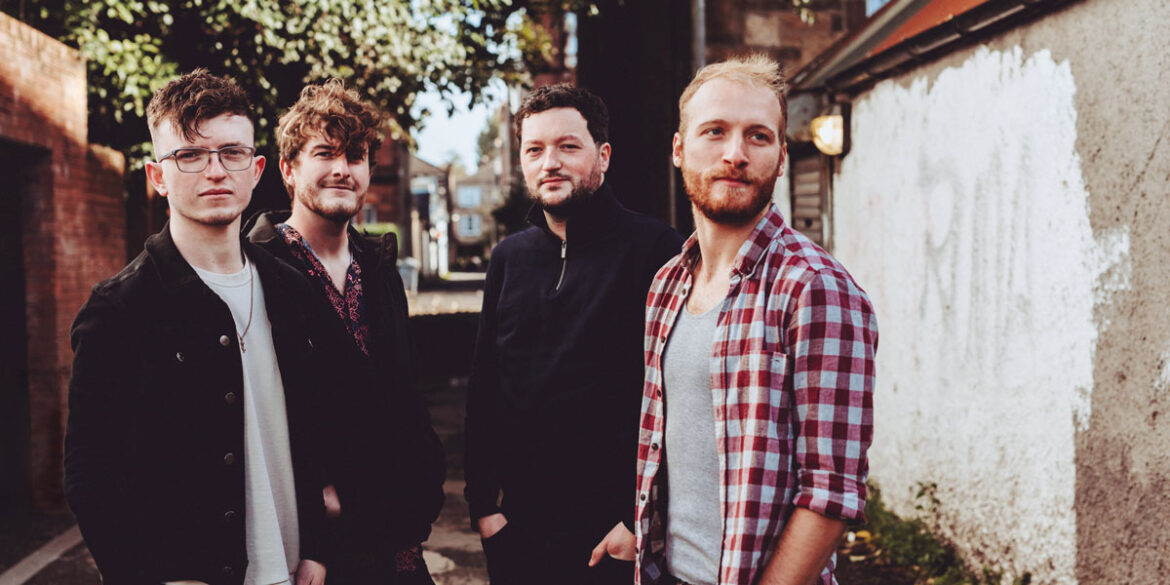Bringing Balkan and bluegrass-infused tunes to the Junction on 3 August, Dallahan’s Jack Badcock speaks to Miriam Balanescu about their latest album
From Hungarian ditties to modern bluegrass melodies, the influences of the band Dallahan are far-reaching to say the least. They define their music as ‘world folk’, weaving together elements that span the globe to create one unified sound.
“When we started out, the idea was to be an Irish band and play Irish music,” begins singer and guitarist Jack Badcock. When Hungarian fiddle player Jani Lang got onboard, however, the group decided to branch out – although Jani wasn’t so sure. “Eventually, Jani reluctantly caved and we managed to squeeze out some really interesting tunes from different places: Romania, Hungary, Bulgaria. It felt interesting and meaningful. And it felt like the way in which we could actually exist.”
Combining various folk traditions may sound strange, but it came more naturally than the group expected. “There’s probably not a country in the world that doesn’t use the fiddle,” remarks Jack. “The guitar is quite androgynous and the banjo less so, but then it doesn’t matter.
“Differences are actually harder to find than similarities. What makes it contrast is the way the melody moves. Maybe you have different scales or ornaments, but fundamentally they all share rhythm. If you’ve got a rhythm and you’ve got bars in which to place your melodies, you can travel round the world in 150 bars.”
Even so, the group’s track list remains rooted within the Irish and Scottish folk scenes that Jack and band member Andrew Waite were raised. (The name Dallahan itself is nabbed from an Irish pagan myth telling of a headless horseman.) Jack talks about how core music is to these cultures: “Everyone’s cousin or niece that’s six years old is an amazing uilleann piper or barrel player. They’re phenomenal musicians, but it’s not a job. It’s just life.”
England has always lagged behind – though there is undeniably a folk revival happening, he says. “That doesn’t seem to have quite the same forward movement as Scotland and Ireland in terms of technical development, particularly in instrumental music. But I think it’s getting better and is certainly growing.”
Ten years on from their first EP, the next album is their best yet, believes Jack. “It’s hard to get all four of us in a room to write and record and get the album to the finish line,” he explains. “What was maybe three weeks’ work was spread out over 18 months. You had all this time to digest. Each second of music had such a dense gestation period.”
Key to this album was the harmony (“We like juicy chords,” Jack laughs) and musical surprises: “What we’ve tried to do is get settled on something for a while, and then we like to pull the rug and take you somewhere else.”
Set to play at the Junction this month, Dallahan have fully eased into their musical persona and are ready for a new era. “The fundamental understanding of the sonic identity of the band – that’s quite a difficult thing to realise,” muses Jack. “I think the band’s identity was a bit like a teenager growing up – and then it arrives in its 30s (which we all are) and feels a bit more assured.
“If anyone comes to the gig, you’ll see it doesn’t sound like a mixture of different things. It sounds like a thing.”

